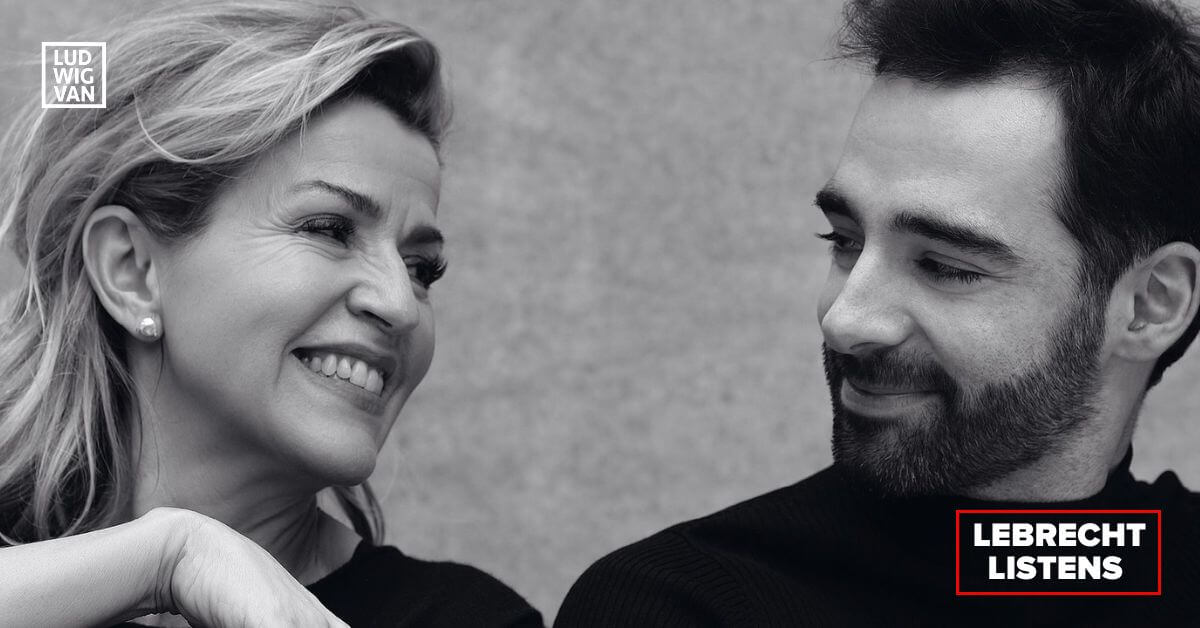
[ad_1]

Brahms: Double Concerto & C. Schumann: Piano Trio (Sony)
★★☆☆☆
🎧 Spotify | Amazon | Apple Music
Craving a dose of Brahms, I landed on a brand new launch of his violin and cello double concerto, written in 1887 and the final rating he composed for orchestra, a decade earlier than his demise. The concerto was a conciliatory providing to his lifelong buddy Joseph Joachim. It adopted a bitter falling-out over the violinist’s divorce from his spouse, Amelie, by which Brahms was suspected of taking Amelie’s aspect. Joachim had accused her, falsely, of infidelity with a writer.
When Robert Hausmann, a member of Joachim’s string quartet, questioned if Brahms may write him a cello concerto, the composer designed the work with equal components for cello and violin, a approach of demonstrating that outdated individualities may nonetheless get alongside. Joachim was mollified by the brand new work and all lived fortunately ever after — aside from Amelie, who was dragged by way of the mud after 21 years of marriage and 6 youngsters. She went again on stage, premiering songs by Brahms and Mahler.
The concerto was not an on the spot hit, dismissed by Brahms followers as cerebral and by his buddy Clara Schumann as frigid. These skepticisms appear incomprehensible on listening to the richly woven textures of the center motion, the acme of underfloor Brahmsian central heating, in addition to the delicately constituted dialogue between the 2 soloists.
The newest recording is by Anne-Sophie Mutter and a protégé of hers, the Spanish cellist Pablo Ferrández; the orchestra is the Czech Philharmonic performed by her buddy Manfred Honeck. Nothing has been left to likelihood, but Mutter is oddly absent from the proceedings. By no means a shrinking violet, she has a barely recessed sound and reticent expression, letting herself be overwhelmed by the cellist and the unconstrained Czechs. Did the file producer not elevate an eyebrow, or was Sony simply too daunted by its celeb visitor? Both approach, the efficiency is lopsided.
It gives scant competitors to Heifetz and Piatigorsky (1961), Milstein and Piatigorsky (1951), Oistrakh and Rostropovich (1970) or Gidon Kremer with Mischa Maisky in 1984. The filler on this launch is a little-known trio by Clara Schumann, agreeable however unimposing.
To learn extra from Norman Lebrecht, subscribe to Slippedisc.com.
#LUDWIGVAN
Get the every day arts information straight to your inbox.
Join the Ludwig van Every day — classical music and opera in 5 minutes or much less HERE.
[ad_2]